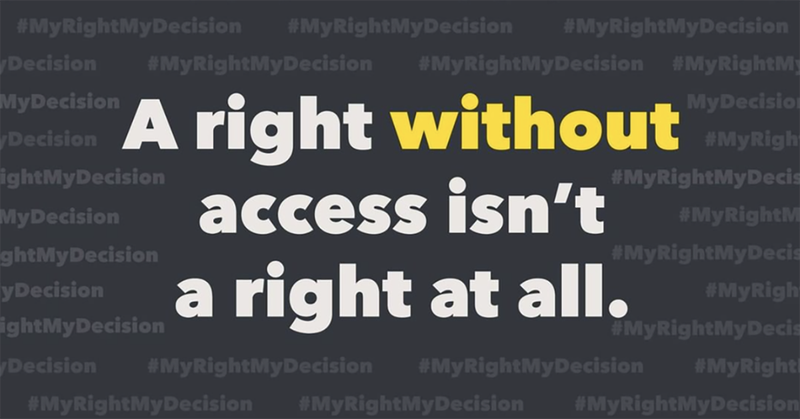June Medical Services v. Russo
June Medical Services v. Russo is a Supreme Court case that was struck down in June 2020. This case focused on Louisiana’s Act 620, which required abortion providers to have admitting privileges at a hospital within 30 miles of where they were providing abortion care, creating an immense barrier to practicing for many providers.
For those of us familiar with SCOTUS cases focused on abortions care, this case is eerily similar to Whole Woman’s Health v. Hellerstedt from 2016, where the Supreme Court ruled that TRAP laws did impose an undue burden (a standard set by Planned Parenthood v. Casey in 1992). However, there were a few key differences in the scenarios around this case in 2020. June Medical Services v. Russo was the first case focusing on abortion that the Supreme Court had ruled on since the Justices Neil Gorsuch and Brett Kavanaugh, two Trump appointees, joined the court. Also, unlike Whole Woman’s Health v. Hellerstedt, this case brought up the issue of third party standing, which is a legal concept that allows a third party, such as a medical provider, to bring forward a case on behalf of the person impacted, such as a patient. In June Medical Services v. Russo, the Supreme Court agreed to hear the argument from Louisiana on third party standing. Had SCOTUS decided that third parties could not challenge laws like this, the impetus would be on patients to challenge these laws on their own. For many reasons, expecting patients and individuals to bring these cases to court themselves is unrealistic and would have a major impact on the way abortion access is protected as well as how civil and human rights are defended in court.
In the end, this case was struck down in a 5-4 decision, with Justice Breyer, Ginsburg, Sotomayor, Kagan, and Roberts in the majority. Chief Justice Roberts dissented in Whole Woman’s Health v. Hellerstedt in 2016 disagreeing with the majority ruling that H.B. 2 placed an undue burden on people seeking abortion care. Now in 2020, he agreed with the majority in striking down Act 620, which would impose admitting privileges on abortion providers, saying that he made this decision in order to follow the precedent set by the court’s majority decision in 2016.
Although this case was struck down, it is vital to remember that the battle being waged over abortion access still continues and that restrictions to accessing care are continuing to be passed. These restrictions disproportionately impact and often target marginalized communities, including people of color, low income folks, and TGQN (Transgender, genderqueer, questioning, or not listed) folks.
If you want all the nitty gritty facts:
Still confused about the whole “third party standing” thing?
For our more legal-minded friends:
For the rest of us:
How this all played out:
This seems kind of out of character for Chief Justice Roberts, right…?
Does this decision truly protect abortion access?
Share this Post
